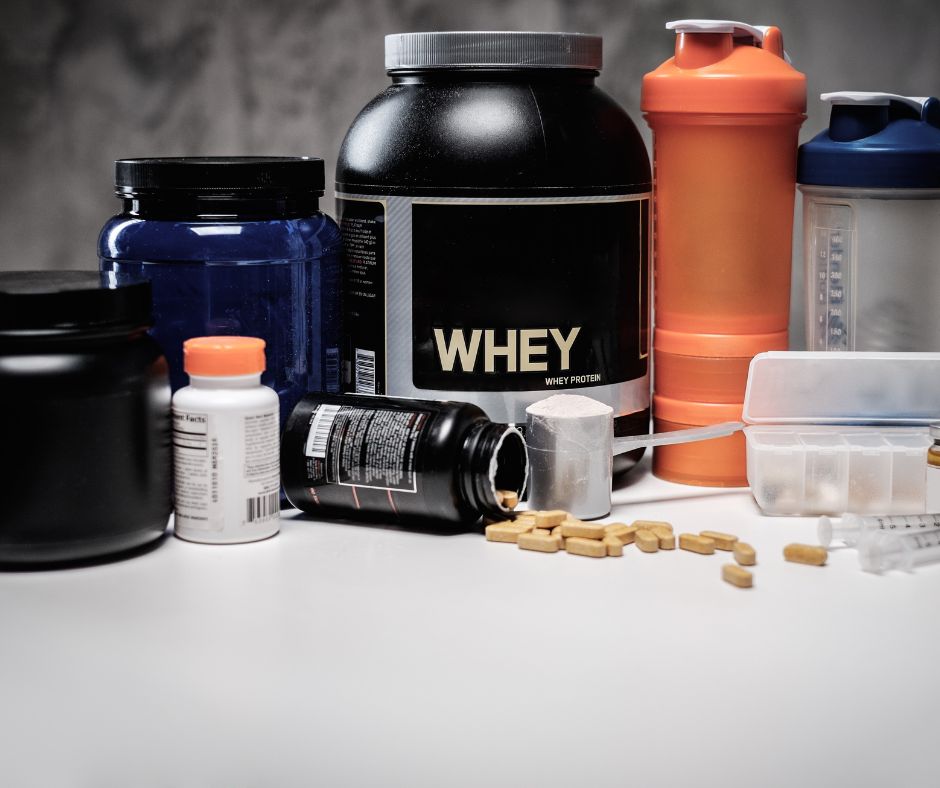Recovering from addiction is a challenging yet rewarding journey, and the environment in which individuals find themselves can significantly influence their success. A clean and sober living environment plays a critical role in fostering long-term sobriety. Companies like TRUE NORTH SOBER LIVING are dedicated to providing supportive and structured sober living houses. Their mission is to create safe spaces where individuals can heal, grow, and thrive as they rebuild their lives. In this post, we will go through the importance of clean and sober living environments in long-term sobriety.
A Foundation for Stability and Routine:
First, one advantage of a sober living environment is stability another advantage that one gets when he/she is in a sober living environment is stability. Enabling individuals to create new systems makes a significant shift to create patterns of health and meaningful daily practices. A structure minimizes the chances of going back to the previous state and behaves similarly since the status puts on more responsibility. A growing number of people, who are sick, disabled, or who have particular psychological problems or disorders prefer to be in a neighborhood, where they can do chores together, participate in meetings, and carry out each day’s tasks to help them get better.
Eliminating Triggers and Temptations:
Staying away from areas where there is excessive use of drugs and alcohol reduces contact with probable causes of relapse. Triggers are almost always habits that are infused in the environment encountered by the subject and may include people, places, and even things related to substance use. A sober living house does away with such influences and gets the client out of such environments that constantly and directly remind him or her of the vices he or she is fighting to break.
Building a Supportive Community:
The residents of sober living houses are connected with people who are going through the same journey as they are with similar objectives. Such fellowship can work as an incentive for which a person will not embrace any opportunity to have a drink again. It gives one hope, understanding from one’s peers but most importantly information which can be priceless when trying to recover. The type of bond developed in such a context can be lifelong friendship and a support system in the group.
Encouraging Personal Responsibility:
In a sober dwelling house, residents are often required to comply with regulations, which include preserving sobriety, collaborating in residence meetings, and gratifying chores. These responsibilities assist the people to be stable and have their mandate to fulfill. These actions also help them overcome conditions of culpability and regain acceptable identity by contributing to running a home during the transition back into society.
Reinforcing Positive Habits and Coping Skills:
Living clean and sober means that the opportunity for maladaptation is minimized and healthy and appropriate strategies are fostered. In the absence of substances human beings are more likely to indulge in other habits that would enhance their mental and physical health such as exercising, meditating, or doing anything of interest. Over time, these positive behaviors replace destructive ones, equipping individuals with tools to handle stress and challenges without resorting to substance use.
Strengthening the Path to Long-Term Sobriety:
Sober Living House’s aim is therefore to see the residents become sober for a longer time. These environments establish long-term recovery, free from prompts for relapse, in a way that is both safe and backed up by a supportive community. Numerous people noted that after their passing through clean and sober houses, the rate of their ability to stay sober and reintegrate themselves into society is higher.
Last Through:
A clean and sober house is not just a place to stay; it is a sanctuary for recovery and growth. It offers the framework, assistance, and security required to successfully negotiate the difficulties of addiction recovery. Such settings enable people to take back their lives and prosper in recovery by removing temptations, encouraging community, and encouraging personal accountability. For anyone on the path to recovery, investing in a clean and sober living house is a crucial step toward achieving a healthier, more fulfilling future.









